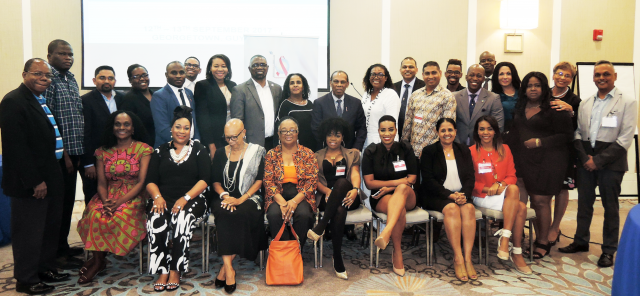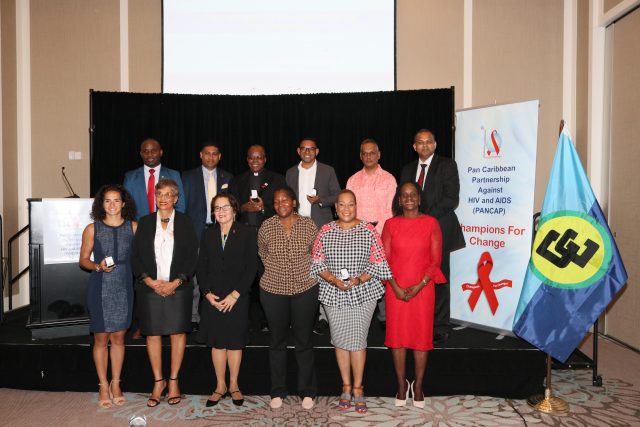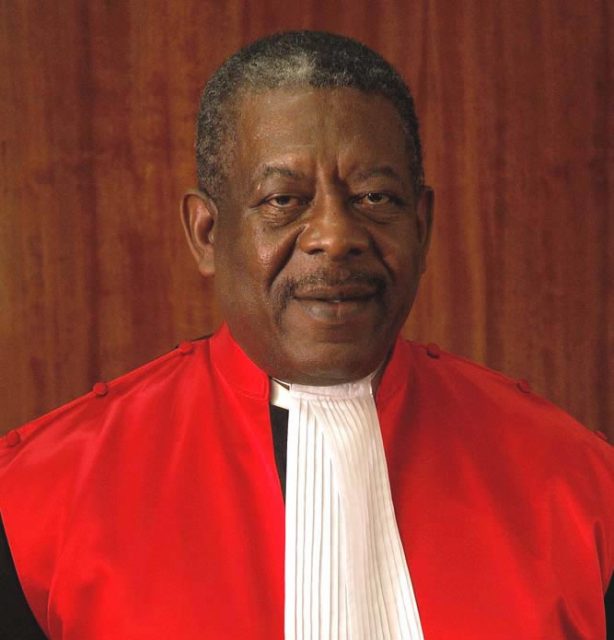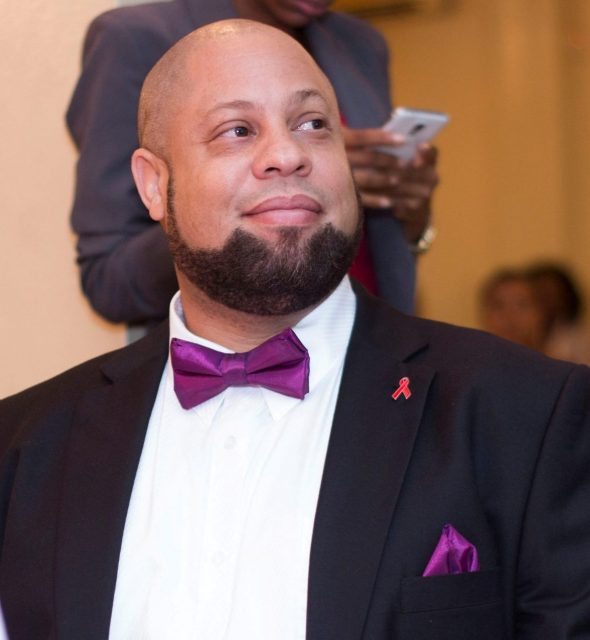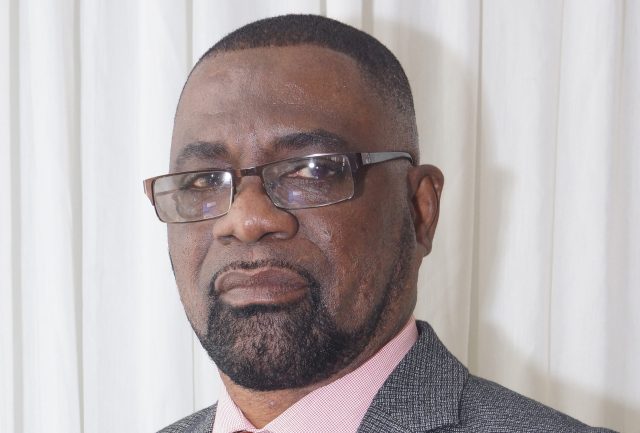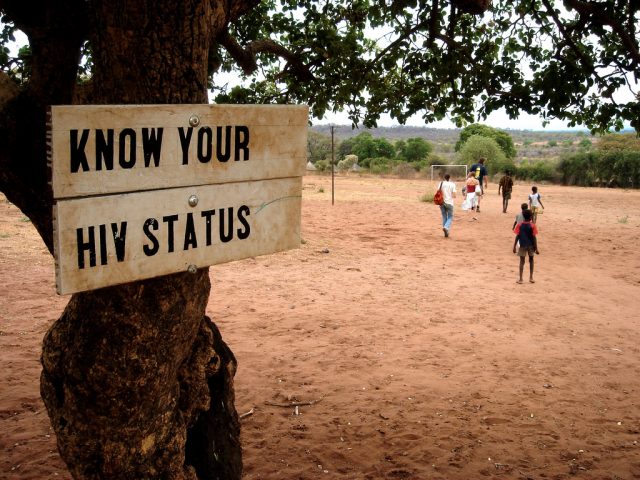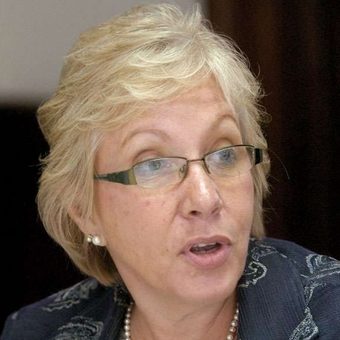ARTICLE I
PREAMBLE
We: the participants at the Forum to Relaunch the CARICOM/PANCAP Champions for Change Initiative including parliamentarians, policy makers, lawyers, healthcare practitioners, educators, religious leaders, artistes, sports and media personnel, youth, members of civil society including People Living with HIV (PLHIV), reaffirm our commitment to the goals of ending AIDS by 2030;
Noted with concern: the lapse since 2006 in the implementation of PANCAP Champions for Change Commitment initiated in St Kitts and Nevis on the occasion of the CARICOM/UK Conference, Reduce Stigma and Discrimination Against living with HIV/AIDS November 22-24, 2004. Among the outcomes were Champions for Change Conferences with specific Stakeholders:
• Representatives of Faith Based Organizations 22-23 November, 2005;
• Leaders of the print and electronic media, owners of the regional broadcasting media houses, freelance journalists, publishers, information and communication specialists, video and film producers, cultural and other artistes in Barbados, 7-9 December, 2006; and
• the establishment of the PANCAP Stigma and Discrimination Unit, 2009-2012;
Recognising the Caribbean’s advances in the response including increased access to antiretroviral treatment resulting in persons living longer;
Deeply concerned however that the Caribbean remains the second most affected region in the world and compounded by co-infection with Tuberculosis and increased burden from NCDs and other emerging diseases;
Convinced of the need to reinstate the Champions for Change Commitment given the scientific evidence that AIDS can be ended by accelerating actions to reduce stigma and discrimination and increase access to prevention and treatment;
Recognising that HIV transmission is preventable through individual behaviour, which is influenced positively or negatively by cultural, social, economic, political and legal systems.
Reaffirming our original and more recent commitments to accelerate the response to HIV made through:
• The Caribbean Partnership Agreement establishing PANCAP (2001)
• The UN General Assembly Special Session on HIV/AIDS (2001)
• The Nassau Declaration: The Health of the Region is the Wealth of the Region (2001)
• CARICOM PANCAP Model Anti-Discrimination Legislation (2012)
• PANCAP Justice for All Roadmap (2014)
• 2030 The Sustainable Development Goals, especially Goal 3 Ensure healthy lives and promote the well-being for all ages (2015)
• The UN High-Level Political Declaration: Fast Tracking the Response to End AIDS by 2030 (2016)
• Caribbean Cooperation in Health IV (2016)
Note the recommendations related to the regional and international commitments in the Caribbean aimed at the contribution of stakeholders to ending AIDS by 2030 through the PANCAP Consultations with:
Faith Leaders (in collaboration with UNAIDS and AIDS Healthcare Foundation) in Trinidad and Tobago, February, 2017;
National AIDS Programme Managers and Key Partners, in Trinidad and Tobago, March, 2017;
Youth Leaders (in collaboration with PAHO) in Trinidad and Tobago, April, 2017;
Parliamentarians (in collaboration with UNDP) in Jamaica, May, 2017;
Support the recommendations of:
The ‘Every Caribbean Woman Every Caribbean Child’ (CARIWAC) Initiative for reducing gender violence, teenage pregnancies and cervical cancer, and eliminating mother-to-child transmission of HIV and Syphilis;
The Spouses of Caribbean Leaders Action Network (SCLAN) in championing the CARIWAC Initiative.
Acknowledge that it is the legal, moral and ethical responsibility of all states to meet their human rights obligations and protect the public health of all people.
ARTICLE II
DECLARATION
We SOLEMNLY DECLARE as Champions for Change to pursue our obligations to positively contribute to the ending of the AIDS epidemic by 2030 in keeping with our regional and international commitments and to:
promote TEST, TREAT and DEFEAT AIDS in keeping with UNAIDS 90-90-90 targets by 2020;
advocate for access to affordable medicines and strengthening laboratory systems as a human right by 2020;
also advocate for and support enactment of appropriate legislation, regulations and other measures to eliminate all forms of discrimination and to ensure the full enjoyment of human rights and fundamental freedoms of persons living with, at risk and affected by HIV by 2020;
further advocate for an enabling environment for all members of vulnerable communities including men who have sex with men, sex workers, persons who use drugs, girls and adolescents by 2020;
advocate for the Caribbean to become the first region in the world to eliminate Mother-to-Child Transmission of HIV and syphilis by 2020;
promote taking AIDS out of isolation through an integrated health/multisectoral approach in keeping with SDG#3 by 2020;
also promote the implementation of Universal Health Access in keeping with the WHO/PAHO (2016) and World Health Assembly (2017) Declarations by 2020;
promote the recommendations of the CARICOM Council of Human and Social Development-Minister of Health (2015) to implement the PANCAP Justice for All Roadmap in short (2018), medium (2020) and long term (2030) phases;
support the programme complementarity between PANCAP and CARPHA to accelerate the Caribbean response to ending AIDS by 2018;
also support the Regional Faith Leaders Consultative Committee and the National Faith Leaders Networks to intensify their efforts to provide spiritual, psychosocial, economic and physical care for persons living with HIV and in their respectful dialogue with LGBTI by 2018;
advocate for the sustained allocation of resources for civil society and faith based organisations to participate in overall programmes for testing, treating and reducing stigma and discrimination and particularly to reach underserved communities by 2018;
implement and sustain measures to empower adolescents and young adults to protect themselves and their peers from risks of infections by 2018;
include the elderly living with HIV who are particularly vulnerable to other infections by 2018;
include persons with disabilities, especially those living with and affected by HIV;
advocate for more rigorous collection, dissemination and analysis of data as effective sources for making informed policy decisions by 2018;
promote all efforts at increasing access to prevention, through age appropriate sexual and reproductive health education, including the implementation of recommendations for the revised Health and Family Life Education (HFLE) curriculum by 2018.
Article III
CONCLUSIONS
We, the participants of the relaunched Champions for Change, recognising that AIDS is far from over:
Urge CARICOM Member States to collaborate with PANCAP and UNAIDS to establish mechanisms to document, monitor and evaluate instances of violation of human rights and facilitate periodic reviews of implementation of the commitments to end the AIDS epidemic;
Also urge Member States to provide adequate budgetary allocations for ending AIDS.
Further urge Member States to use their influence to lobby at international fora for resources, the removal of barriers and other impediments to end AIDS;
Charge the PANCAP Coordinating Unit (PCU), in collaboration with UNAIDS and other partners, to make provision for institutionalised support for Champions for Change to effectively sustain their advocacy and actions.
We, the participants of the relaunched Champions for Change resolve to realise the intent of this Declaration.
13 September 2017

